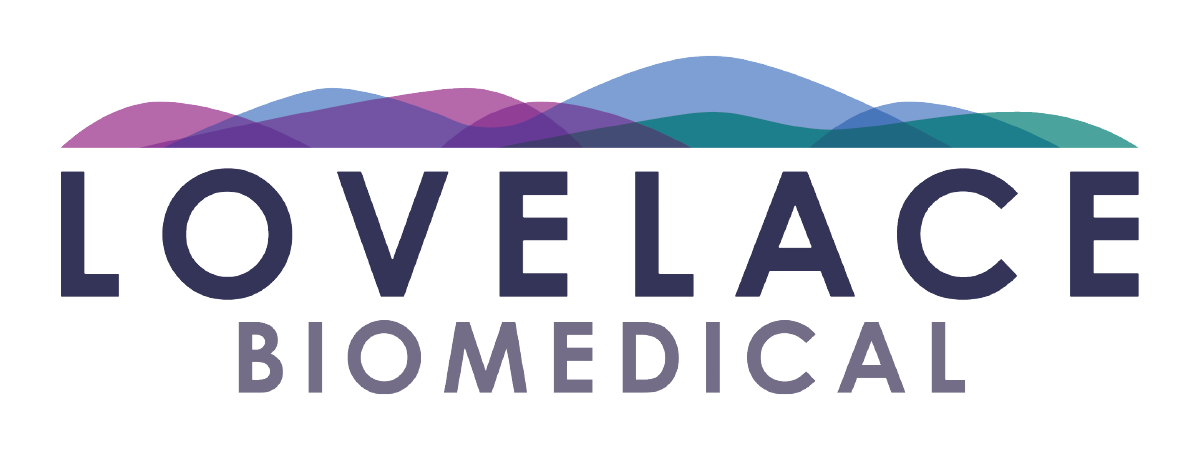In a key study published in Human Gene Therapy Clinical Development, Lovelace Biomedical researchers found that delivering AAV gene therapy for cystic fibrosis by inhalation was both feasible and safe.
As a result of the study, the authors recommend further development of the potential new drug, ultimately culminating in clinical evaluation of the aerosol-delivered version of a gene therapy for cystic fibrosis. Worldwide, more than 70,000 people live with cystic fibrosis, an inherited life-threatening disorder that damages the lungs and digestive system.
The study, funded by the National Institutes of Health, is titled “A Preclinical Study in Rhesus Macaques for Cystic Fibrosis to Assess Gene Transfer and Transduction by AAV1 and AAV5 with a Dual-Luciferase Reporter System.”
According to the study, a number of preclinical and clinical trials have been conducted using the first generation of adeno-associated virus, AAV2, to treat cystic fibrosis. All these studies showed that AAV gene therapy for cystic fibrosis is safe, but clinical benefit was not clearly demonstrated. “Thus, a new generation of AAV vectors based on other serotypes is needed to move the field forward,” the study says.
Lovelace helped to test two AAV serotypes (AAV1 and AAV5) using a luciferase-based reporter system after delivery by both inhalation and intratrachel instillation.
Data demonstrated that gene therapy could be effectively delivered via these mechanisms with activity retained. The team was further able to quantify distribution of the two vectors in various regions of the lungs. Importantly, the delivery of these two gene therapy vectors was deemed to be safe.
The study relied on the combined expertise of the Lovelace team in both inhalation delivery and preclinical evaluation of gene therapy products. Contact us to learn more about our capabilities in gene therapy and inhalation drug delivery.

